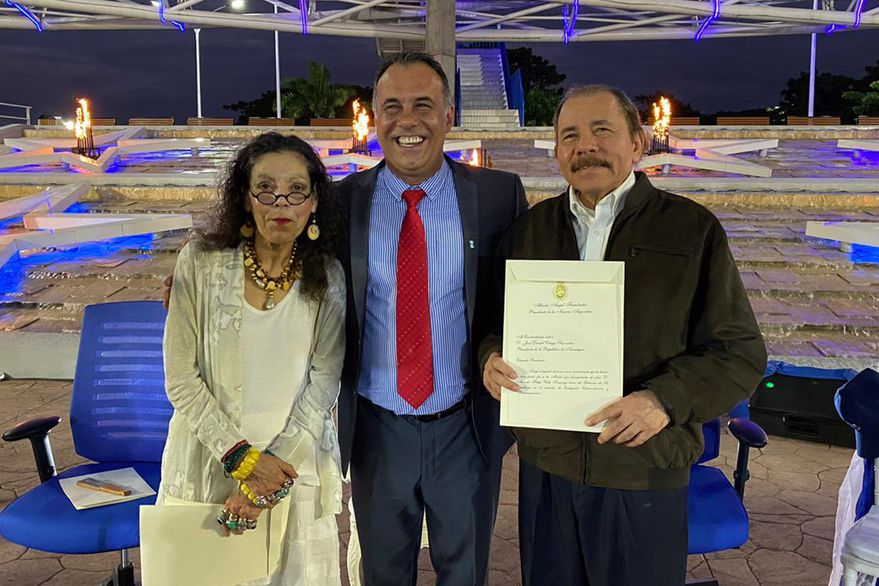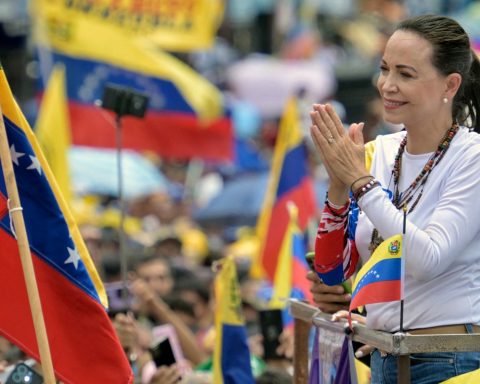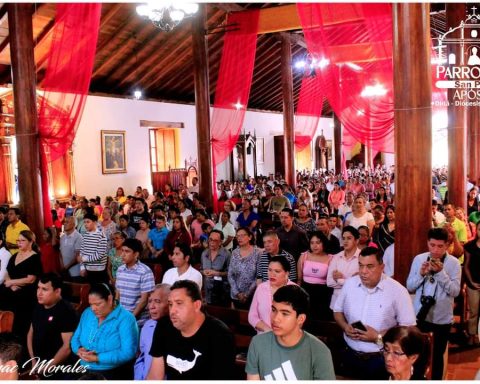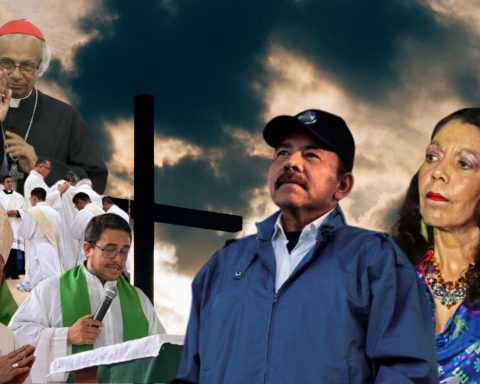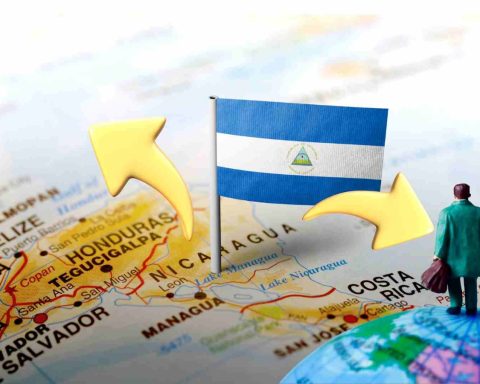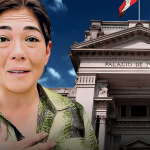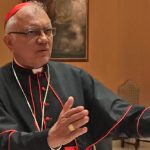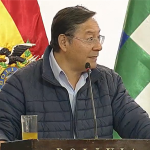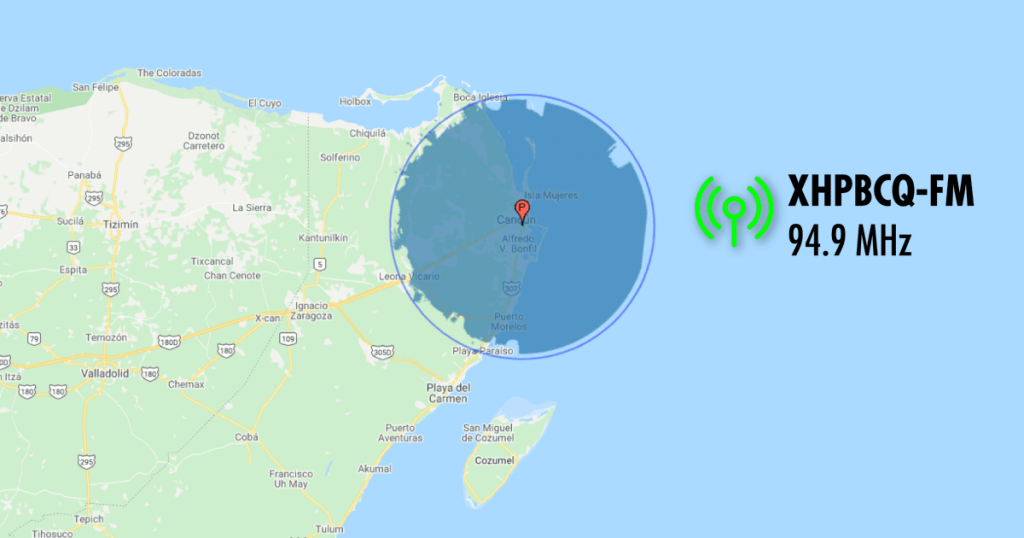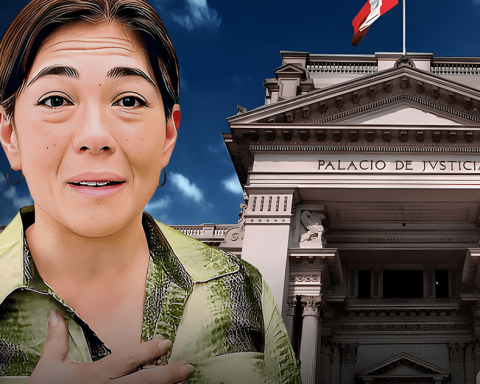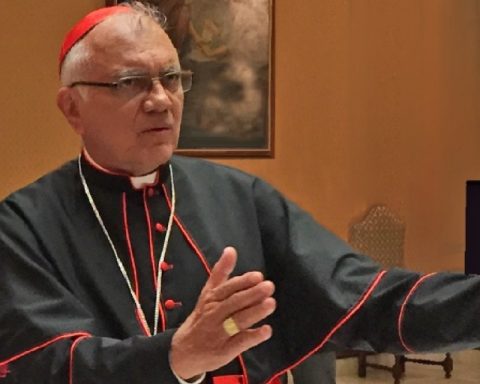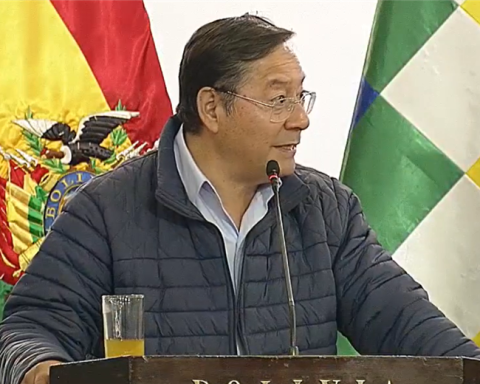The Government of Argentina decided to return to its ambassador in Managua, Daniel Capitanich, as a move by Buenas Aires for the diplomat to keep the Foreign Ministry of his country informed about the situation in Nicaragua after the November 7 vote and the details that resulting from the decisions taken on the country’s socio-political crisis at the meeting of the Permanent Council of the Organization of American States (OAS) scheduled for this Monday, November 30.
A report from the Argentine newspaper El Clarín Citing sources from the South American country’s diplomacy, he explained that this decision was based on the premise that “Argentina always bets on dialogue as a way out and ambassadors are vital to finding efficient and viable solutions today. The return of Ambassador Capitanich seeks to contribute to the identification of alternative ways to solve the crisis among all Nicaraguans ”.
The measure was reciprocal between Managua and Buenos Aires. The Ortega regime also sent its diplomatic representative, Ambassador Orlando Gómez, back to Argentina. These movements occur after Argentina will vote in favor of the resolution of the General Assembly of Foreign Ministers of the OAS of November 12, in which 25 countries declared that “the elections of November 7 were not free, fair or transparent and do not have democratic legitimacy”, referring to the voting process in Nicaragua.
Mexico adopts similar measure
The Government of Alberto Fernández had called Capitanich to Buenos Aires last June in parallel to the call made by the Mexican Andrés Manuel López Obrador to his ambassador in Managua, Gustavo Alonso Cabrera Rodríguez.
This is due to the fact that the regime will not accept requests from the international community to release political prisoners, among whom are seven opposition presidential candidates. Managua in retaliation also withdrew its diplomat and with his refusal prevented Argentina from presiding over the Summit of Latin American and Caribbean States (CELAC), which is chosen by consensus.
El Clarín also reported that this measure was also adopted by Mexico on Friday, November 19, so the Aztec country also sent its diplomatic representative back to Managua. Unlike Argentina, Mexico abstained in the resolution of the Assembly of Foreign Ministers of the OAS.
“For the first time since Alberto Fernández took office, the government criticized Nicaragua at the OAS. And he added to the resolution of the body that considered by majority that they were not free and do not have democratic legitimacy. Previously, it abstained with its still current position of “non-interference” in the internal affairs of another country. The Government spokesperson, Gabriela Cerruti complained that day that several governments that criticize Ortega had not withdrawn their ambassadors as Argentina and Argentina did. Mexico. As it transpired, Mateo Daniel Capitanich arrived in Managua this Saturday, ”the Clarín report cites.
A report by the Argentine newspaper La Nación published in June revealed that Ambassador Daniel Capitanich is an admirer of Daniel Ortega and that his opinion was very influential in the abstention policy that Argentina maintained in relation to the crisis in Nicaragua, until the resolution in the Assembly of Foreign Ministers on November 19.
The constant abstention of Argentina in the forums of the OAS on the crisis of political violence and human rights in Nicaragua caused strong internal pressure against President Alberto Fernández, mainly by political forces grouped in his government coalition, who pointed out that he was supporting an oppressive regime similar to that of Jorge Videla, the dictator who ruled Argentina with a heavy hand in the 70s and to whom it is pointed out as responsible for the murder, torture, imprisonment and disappearance of some 30,000 people in the South American country.
“Ambassador Capitanich’s call for consultations had one purpose: to express Argentina’s dissatisfaction with the arrests of political leaders and our concern about the human rights situation in Nicaragua. Considering that the presidential elections have already taken place and that our country has already ruled, and that the Nicaraguan Assembly asked Ortega to withdraw his country from the OAS, it is necessary to adopt new measures for this new stage, “the Argentine Foreign Ministry told the inquiries made by the newspaper El Clarín.
At this key moment in Nicaraguan history, accessing reliable information is more important than ever. That is why, at CONFIDENTIAL, we have kept our news coverage free and free for all, without paywalls. This commitment to citizens would not be possible without the support of our readers. Therefore, we invite you to support our work by joining our Membership Program or by making a donation. By becoming a member, you will receive exclusive products such as eBooks, specialized newsletters and historical digital archives. As a donor, we will send you an annual report on how we invest your financial contribution. Thank you, in advance, for being part of this collective effort to inform our entire community.
